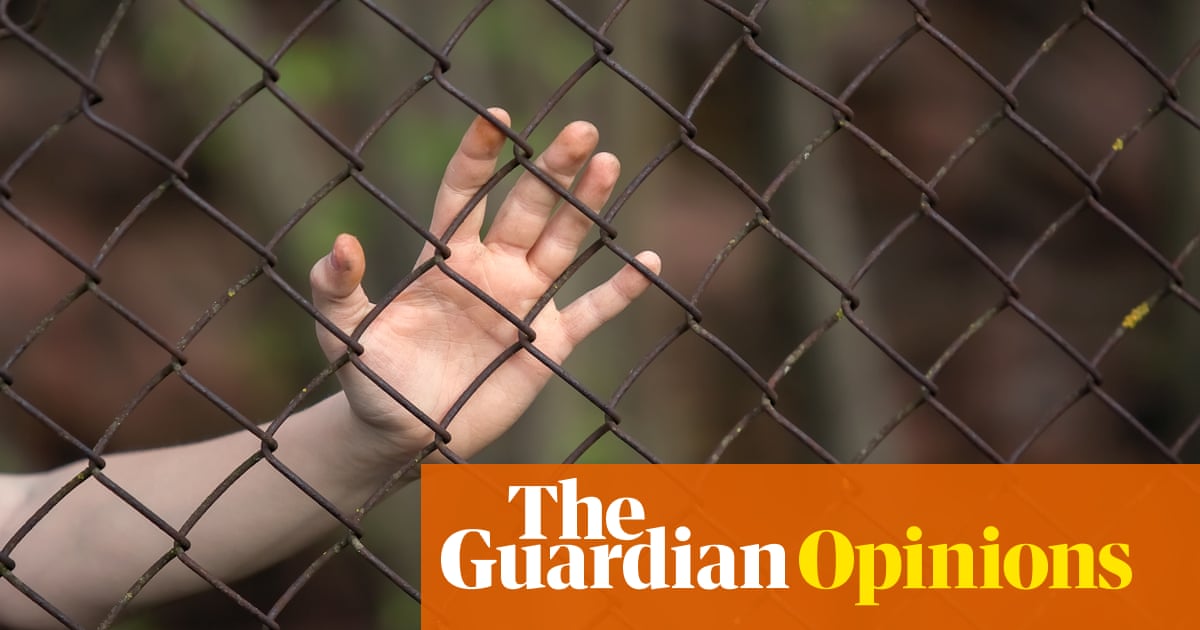I don’t know of any person called Engles who would be significant in this context, so I can’t tell you if there is one you should know about. The Engels who said what you quoted above, also said - literally in the sentence preceding your quote:
Why do the anti-authoritarians not confine themselves to crying out against political authority, the state? All Socialists are agreed that the political state, and with it political authority, will disappear as a result of the coming social revolution, that is, that public functions will lose their political character and will be transformed into the simple administrative functions of watching over the true interests of society.
As always, context matters. And I’ll trust the context created by the words and interpretations of respected historians way more than I’ll trust some randos on Lemmy who only excel at selective quoting.












The countries were the German Democratic Republic, where I was born; and Cuba, where I lived from 1985 to 1990.
And what are experiences? By all accounts what I grew up in was normal, because I didn’t know any different. We grew up like any kids really, playing, riding bikes, watching TV, getting up to mischief. I have a lot of good memories from both the GDR and Cuba, and even getting started on them would take me hours.
Sure, we knew about the West. Some of my friends had relatives in the West and occasionally got packages with sweets and other things. We watched Western TV and were exposed to Western toys, comics and music, to a degree. In Cuba there were a lot of Western movies and series on TV. But we also knew that you could get into trouble for being too open about that.
But after it all came down, we learned a lot about what went on. The oppression, the secret police, the lack of basic freedoms.
Once in art class, we were tasked with drawing something we had seen or experienced. Just a short time prior to that, we had gone to see a well known boat lift east of Berlin. The boat that came through the lift was a freight barge flying the West German flag. So that’s what I drew. Only years later my parents told me that they had subsequently been summoned by the school and had to explain that it was nothing more sinister than that - a child drawing a picture of something they had seen.
Another thing that struck me as odd at the time was this. Most of the socialist countries we knew as ‘friendly’ had state-run youth organisations. Ours were called the pioneers. Once there was an afternoon activity with a little quiz, and one of the quiz questions was ‘name three friendly youth organisations’. So I named three that I remembered from my pioneer calendar - and one of them was Finnish. My quiz came back with the correction ‘friendly youth organisations’.
I will always remember and defend the good aspects about the countries I grew up in. By the same token I will always vociferously criticise the bad things, and anyone who wants to try them again.